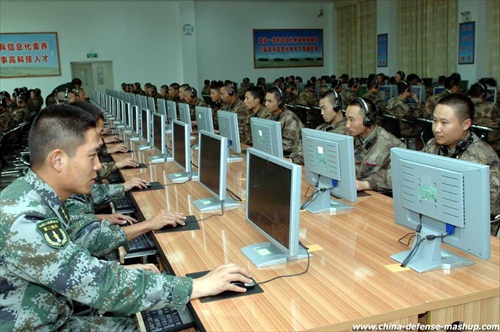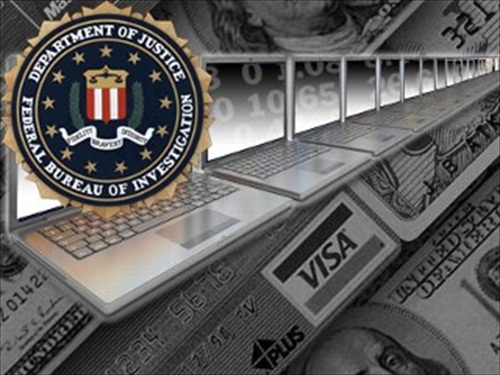Sony has just announced its Next Generation Portable (NGP) at E3, Los Angeles, and it’s called PlayStation Vita. One of the reasons was to divert attention from the hacking attack that left millions of PSN users’ data at risk in order to win back some trust.Obviously E3 was the platform to convince the Sony’s fans that PlayStation was still the gaming platform of preference. Sony also took the opportunity to apologise for the breach of security. Sure, blame it on the hackers.
Somehow hackers hijacked the front page news quite often recently. Google’s Security Team claimed that unidentified hacker attacks likely originated from the eastern Chinese city of Jinan, tried to collect user passwords of the Gmail accounts of hundreds of users, including senior U.S. government officials, Chinese “human rights activists” and journalists. Of course China officials denied the accusations as evil-intentioned.
On Google’s accusation, I believe it carries weight because my Gmail recently reported my last login was from a city in China, which of course prompted me to change my password immediately. The Pentagon was damn serious about hackers that it concluded that computer sabotage coming from another country (referring to China?) can count as an act of war and the United States may respond by using traditional military force.
Apparently U.S. security experts said the recent cyber-attacks against U.S. particularly defence contractors were due to cyber-espionage campaigns sponsored by China. Defence contractors such as L-3 Communications, Northrop Grumman and Lockheed Martin were targeted by these hackers. Lockheed had been attacked by intruders who had created duplicates of the stolen SecurID keys, forcing SecurID maker RSA to replace the tokens for most of its 40 million users.
It’s true that hackers who participated in the massive scale of cyber-attacks targeting U.S. defence contractors do not act alone. They are normally sponsored by government. The simple reason why they can’t act alone is because they would have been taken prisoners, tracked by another group of hackers. No hacker is invincible because those genius hackers are, well, under the government’s payroll – money talks dude.
The fact is the underground world of computer hackers has been so thoroughly infiltrated in the US by the FBI and secret service. The same can be said about Chinese hackers. It was estimated that 25% of hackers in the U.S. may have been recruited by the federal authorities to be their eyes and ears. It was quite easy to recruit hackers – besides money, the threat of long prison sentences would normally do the trick.
Adrian Lamo, a convicted hacker earned himself the “world’s most hated hacker” for turning informant 23-year-old intelligence specialist Bradley Manning, who is suspected of passing secret documents to WikiLeaks, to the U.S. military authorities. In support of Wikileaks, another hackers group, Anonymous, has launched attacks against Visa and MasterCard as a protest against their decision to block donations to WikiLeaks.
It’s a matter of time before the Anonymous group is neutralised because the resourceful FBI are always watching in the chatrooms. And the fact that you can’t tell whether the person you’re chatting with is actually an informant or otherwise makes you very vulnerable. So, if the U.S. government believes the Chinese government was sponsoring the recent massive cyber-attacks, it could just deploy its pools of hackers to retaliate against the Chinese government, unless of course the accusation was false. Furthermore, one in four hackers is an FBI informer.
Other Articles That May Interest You …
- Chinese Prisoners Make Money Play Games, Farm Gold
- 10 Most Expensive US Military Vehicles You May Not Know
- Just How Much Is $14.3 Trillion, US Debt Ceiling?
- China To Become New Economic Powerhouse in 2016?
- Cyber Attacks On Malaysiakini – 5 Things To Do

|
|
June 8th, 2011 by financetwitter
|


|

|

|

|

|

|
































[…] Watch Out China, 25% Of U.S. Hackers Are FBI Informer […]